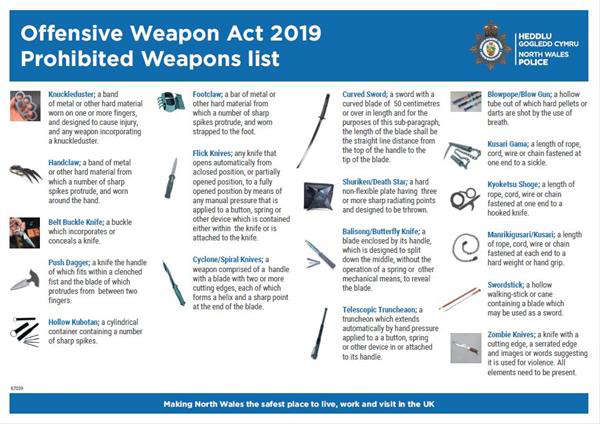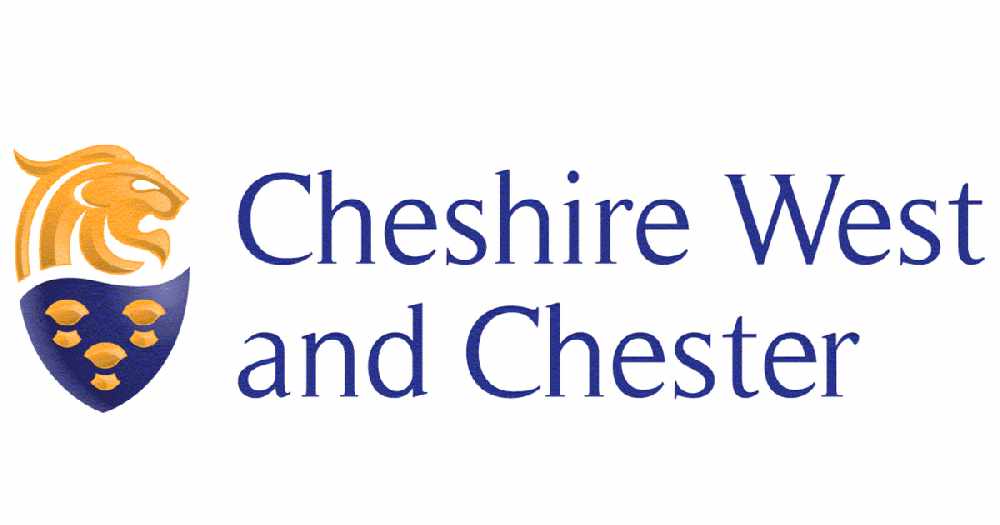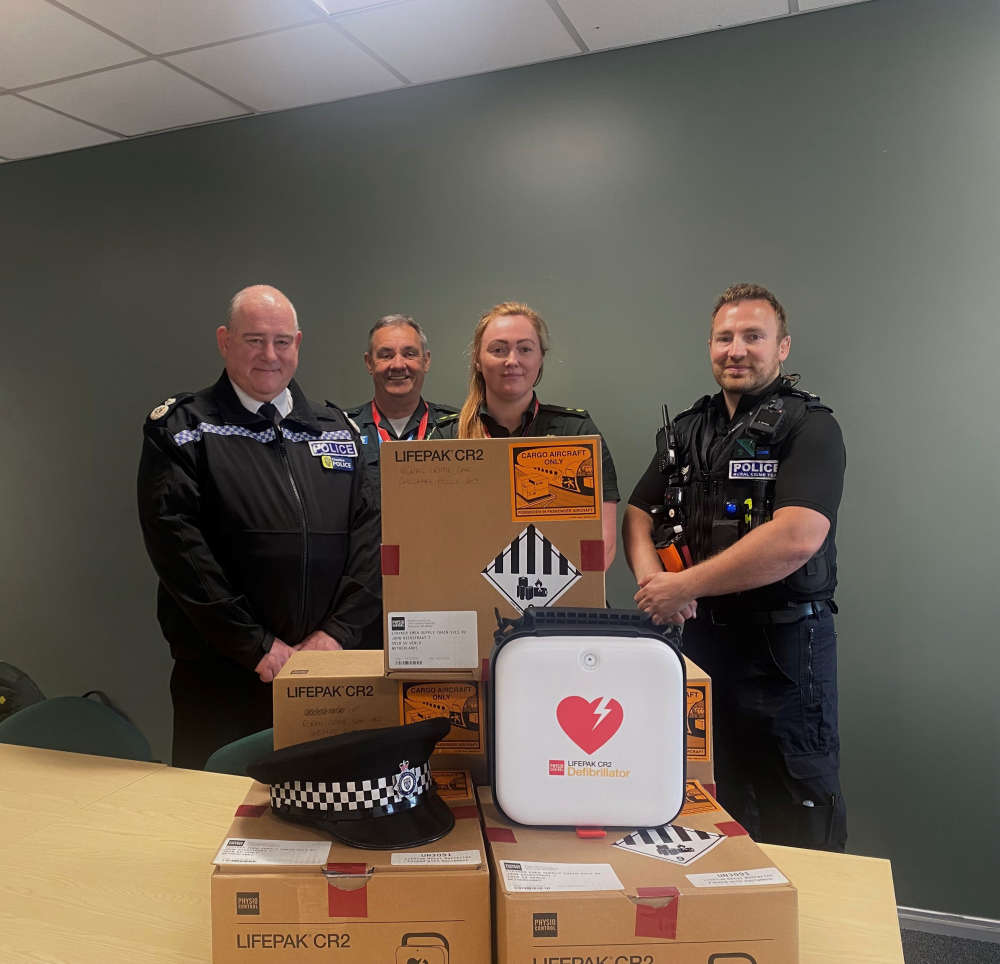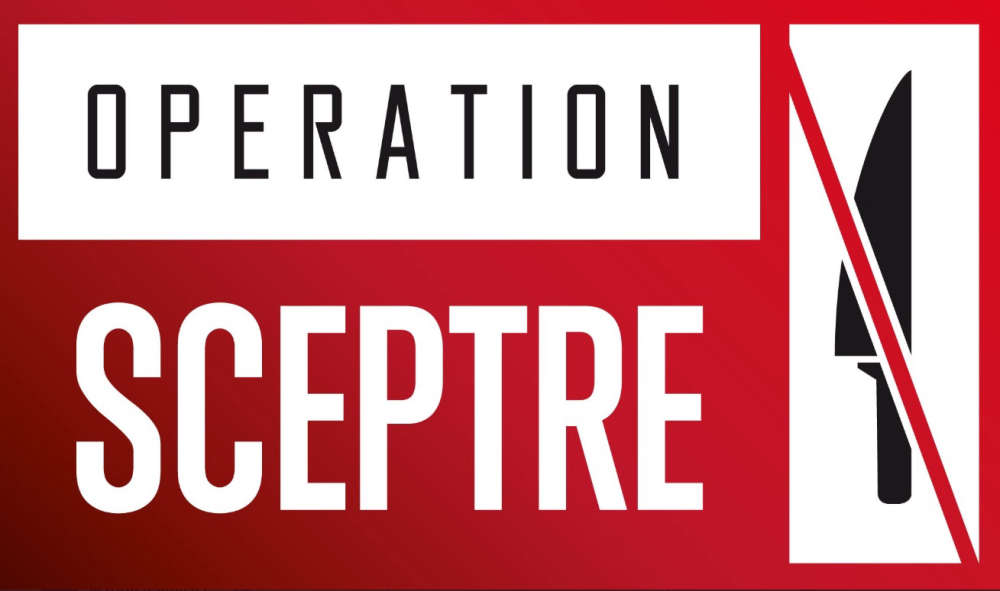
Avian influenza of the H5N8 strain has been confirmed at a premises near Frodsham in Cheshire today (2 November). Further testing is underway to determine if it is a highly pathogenic strain and whether it is related to the virus currently circulating in Europe.
- Keeping the area where birds live clean and tidy, controlling rats and mice and regularly cleansing and disinfecting any hard surfaces
- Cleaning footwear before and after visits
- Placing birds’ feed and water in fully enclosed areas that are protected from wild birds, and removing any spilled feed regularly
- Putting fencing around outdoor areas where birds are allowed and limiting their access to ponds or areas visited by wild waterfowl
- Where possible, avoid keeping ducks and geese with other poultry species.
- The restrictions in place mean that all premises with poultry and/or captive birds within the zones will continue to house their birds, if possible. The movement of birds, mammals and other things, such as carcasses, eggs, used poultry litter and manure, on or off premises where poultry is present and out of the zones are banned except under licence. No gatherings of poultry or the release of game birds are also allowed in the zones. Information on the restriction measures in place within the zones can be found at GOV.UK.
- Around 13,000 birds at the farm will be humanely culled to limit the spread of the disease. Human risk of infection is very low for the general population and low for those immediate contacts on site. Public Health England and local health protection teams are involved.
- Food Standards Agency (FSA) has made clear that bird flu does not pose a food safety risk for UK consumers. Thoroughly cooked poultry and poultry products, including eggs, are safe to eat.
- H5N8 is currently circulating in wild birds and poultry in Europe, Central Asia and the Middle East, causing clinical signs in affected birds and we raised our risk level to MEDIUM for the incursion into the UK through the movement of wild birds. These viruses are in no way connected to the COVID-19 pandemic caused by the SARS-CoV-2 virus which is not carried in poultry.
- Suspected disease should be reported to APHA offices immediately on 03000 200 301
- Clinical signs that poultry keepers should look for in their birds include a swollen head, discolouration of neck and throat, loss of appetite, respiratory distress, diarrhoea and fewer eggs laid – although clinical signs vary between species of bird.
- Where avian influenza (or Newcastle Disease) is not strongly suspected, but cannot be ruled out, poultry keepers may wish to liaise with their private veterinarian about utilising the Animal and Plant Health Agency (APHA) ‘testing for exclusion’ regime in GB. This involves submitting samples to a testing service at the APHA’s National Reference Laboratory, Weybridge and can help detect a notifiable avian disease at the earliest opportunity for such cases.
- Further information on biosecurity and how to prevent disease is available here: https://www.gov.uk/guidance/avian-influenza-bird-flu


 Protecting people from the sun
Protecting people from the sun
 Come and speak to North Wales Police
Come and speak to North Wales Police
 Council to start enforcement of moving traffic offences
Council to start enforcement of moving traffic offences
 Supporting people on their journey to employment
Supporting people on their journey to employment
 Ian Puleston-Davies opens new staff wellbeing hub at Countess of Chester Hospital NHS Foundation Trust
Ian Puleston-Davies opens new staff wellbeing hub at Countess of Chester Hospital NHS Foundation Trust
 One week to the Council’s event to help you switch to electric vehicles
One week to the Council’s event to help you switch to electric vehicles
 Rural Crime Team equipped with mobile defibrillators
Rural Crime Team equipped with mobile defibrillators
 New online hub for the Dee Estuary
New online hub for the Dee Estuary
 Chester and Wirral Football League - Latest Results
Chester and Wirral Football League - Latest Results
 Is being a wholetime firefighter the job for you?
Is being a wholetime firefighter the job for you?
 RISING YOUNG MUSICAL THEATRE STAR SET TO JOIN CHESTER CHOIR AS SPECIAL GUEST
RISING YOUNG MUSICAL THEATRE STAR SET TO JOIN CHESTER CHOIR AS SPECIAL GUEST
 CHESHIRE WOMEN’S CRICKET LEAGUE - LATEST RESULTS
CHESHIRE WOMEN’S CRICKET LEAGUE - LATEST RESULTS
 Local MP has pledged support for those suffering with endometriosis
Local MP has pledged support for those suffering with endometriosis
 Make History: Build a Future Free From Homelessness
Make History: Build a Future Free From Homelessness
 Council prosecutes Chester businesses for illegal tobacco offences
Council prosecutes Chester businesses for illegal tobacco offences
 Cheshire Constabulary to support national operation to cut out county-wide knife crime
Cheshire Constabulary to support national operation to cut out county-wide knife crime
 Chester FC Community Trust marks Mental Health Awareness Week
Chester FC Community Trust marks Mental Health Awareness Week
 CLASSICAL MUSIC STARS OF THE FUTURE SET TO TAKE CENTRE STAGE AT CONCERT SEASON FINALE
CLASSICAL MUSIC STARS OF THE FUTURE SET TO TAKE CENTRE STAGE AT CONCERT SEASON FINALE
 Foster Care Matters Fostering Agency launches in Chester
Foster Care Matters Fostering Agency launches in Chester